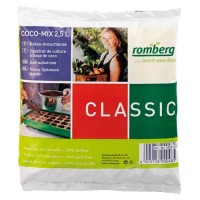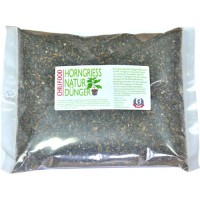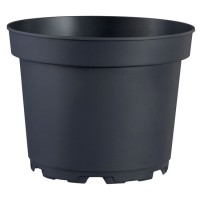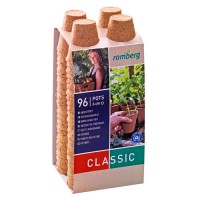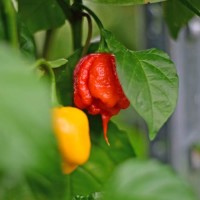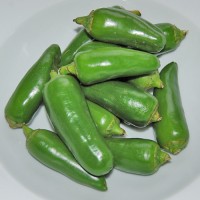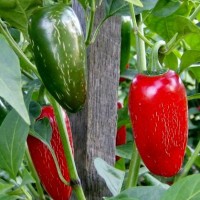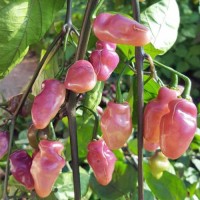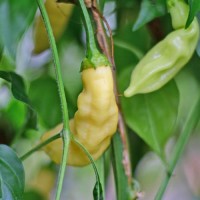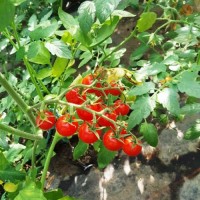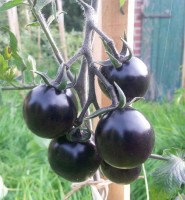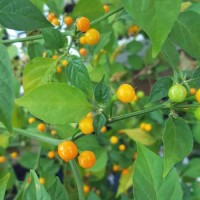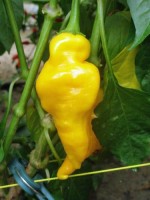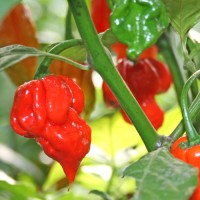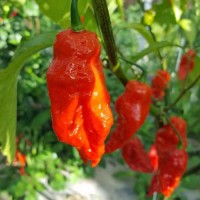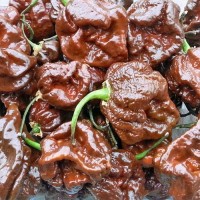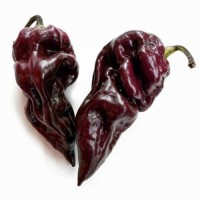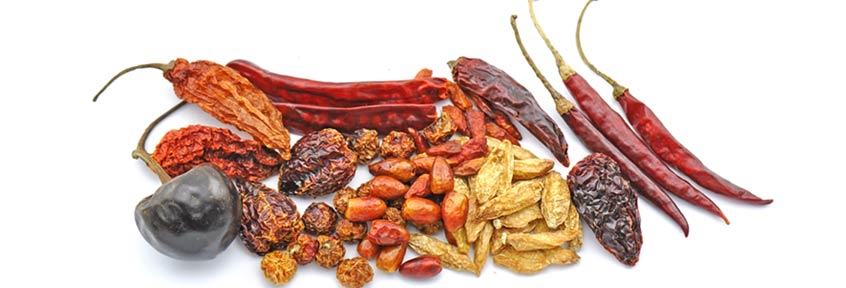Bird of Paradise (Strelitzia) Seeds
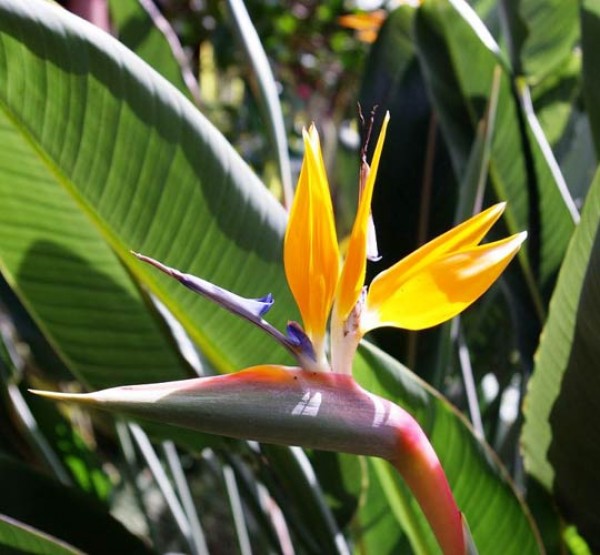
Prices incl. VAT plus shipping costs
Delivery time approx. 5 working days
- Order number: 104574
Bird of Paradise (Strelitzia) Seeds
Info: The bird of paradise flower or strelitzia is a beautiful houseplant which originates from South Africa. The green leaves are basal and leathery and from the leaf axils grow on long stems the beautiful and striking flowers, which resemble the set up feather combs of birds of paradise. It is not easy to grow, but it is worth it.
Sowing & cultivation: First remove the orange hairs from the pea-sized seeds. Then file the hard skin slightly until the whitish inside becomes visible. Then let the seeds soak in a glass of water for 24 to 48 hours and then put them 2-3 cm deep into pots with growing soil. If you cover the container with transparent film, you will prevent the seeds from drying out. Keep warm (approx. 25-30°C) and moist. Every 2-3 days remove the foil for 2 hours to prevent mould growth. Keep evenly moist, but avoid waterlogging. The mature plants can be placed in large tubs in the conservatory or in bright living rooms, preferably at 10-18°C. Do not move the plant after the flowers have formed, otherwise the flowers will not open further. In summer, the strelitzie can also go outside. They need a sandy and loamy, well-permeable soil, on waterlogging it reacts with root rot.
| Botanical name | Strelitzia reginae |
| Content | 5 seeds |
| Sowing | whole year indoors |
| Location | sunny, nutrient-rich, well-drained soil |
| Germination temperature | 25-30°C |
| Germination | 3 weeks to 8 months |
| Blooming | after 4 to 6 years |
| Lifespan | perennial |
| Height | 80 - 120 cm |
Image source: Berthold Werner, Strelitzia reginae BW 1, als gemeinfrei gekennzeichnet, Details auf Wikimedia Commons
Manufacturer
Name: | Femundus GmbH |
Address: | Holzweg 16 67098 Bad Dürkheim Deutschland |
Leider nichts geworden
Ich habe die Anleitung genaustens befolgt und jetzt nach 8 Monaten mal unter die Erde geschaut. Die angefeilten Samenhüllen waren noch da, aber innen drin war nichts mehr, sie waren leer.
Ob das an den Kokosanzuchttabs lag oder weil ich sie mit Regenwasser gegossen habe, kann ich nicht beurteilen.
Keine Staunässe, kein Schimmel.
